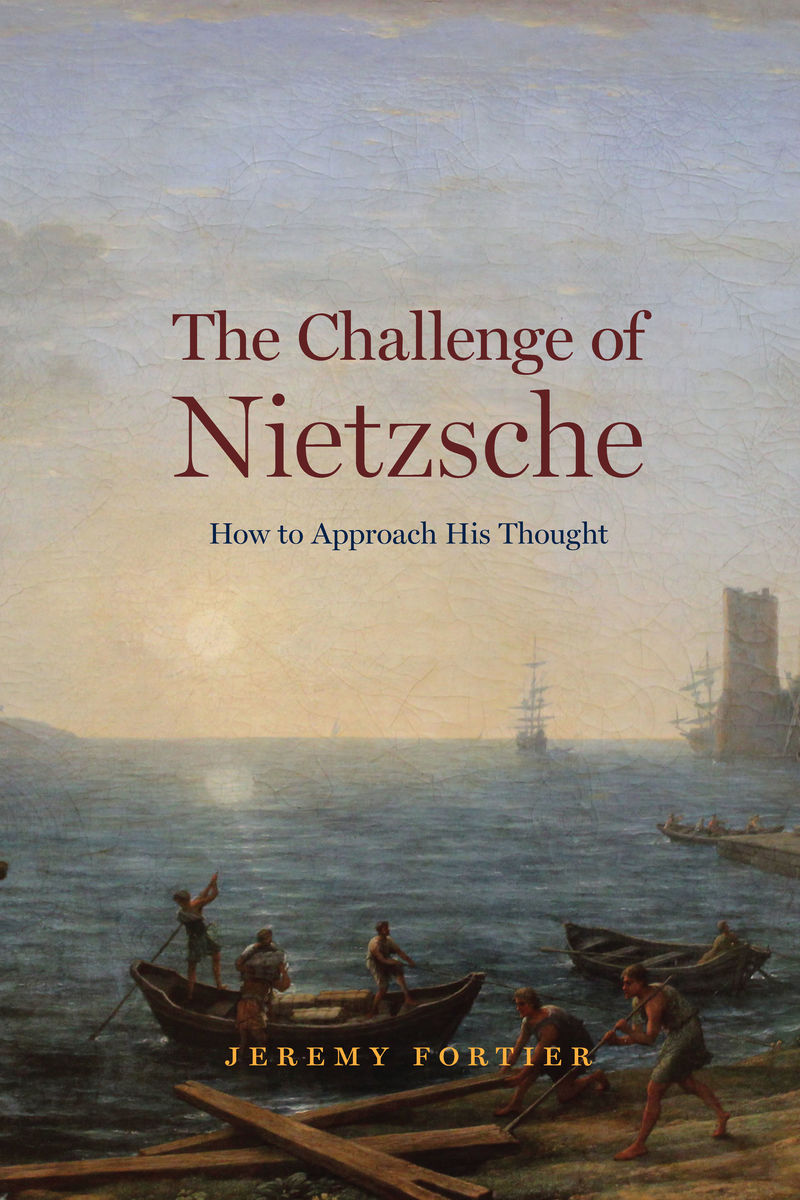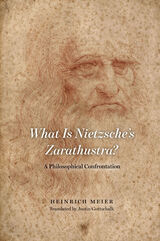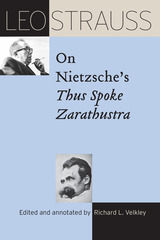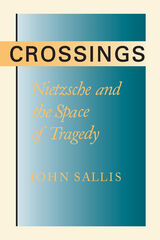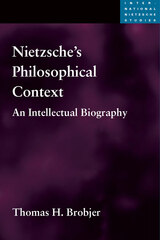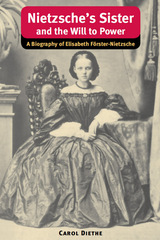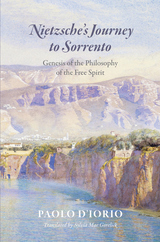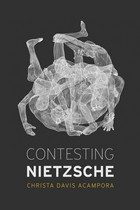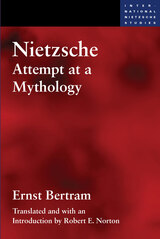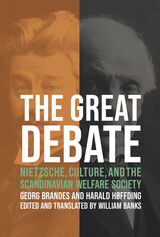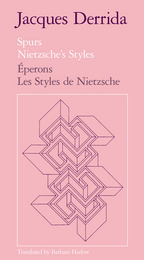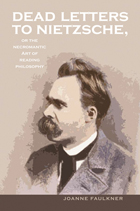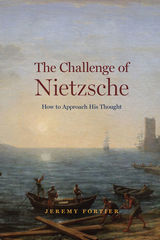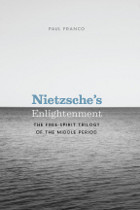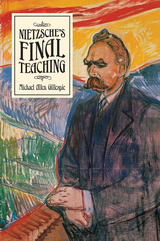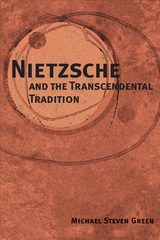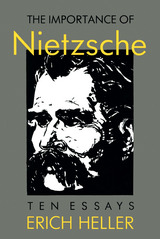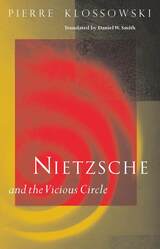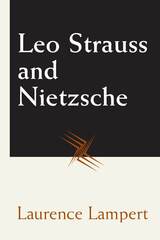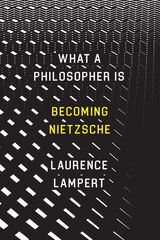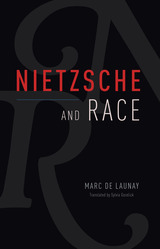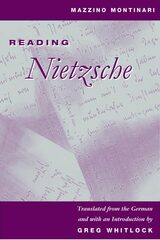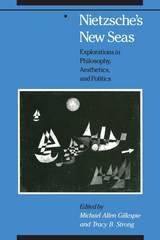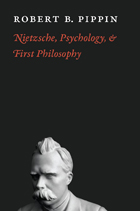The Challenge of Nietzsche: How to Approach His Thought
University of Chicago Press, 2020
Cloth: 978-0-226-67939-6 | eISBN: 978-0-226-67942-6
Library of Congress Classification B3317.F593 2020
Dewey Decimal Classification 193
Cloth: 978-0-226-67939-6 | eISBN: 978-0-226-67942-6
Library of Congress Classification B3317.F593 2020
Dewey Decimal Classification 193
ABOUT THIS BOOK | AUTHOR BIOGRAPHY | REVIEWS | TOC | REQUEST ACCESSIBLE FILE
ABOUT THIS BOOK
Friedrich Nietzsche is one of the most widely read authors in the world, from the time of his death to the present—as well as one of the most controversial. He has been celebrated as a theorist of individual creativity and self-care but also condemned as an advocate of antimodern politics and hierarchical communalism. Rather than treating these approaches as mutually exclusive, Jeremy Fortier contends that we ought instead to understand Nietzsche’s complex legacy as the consequence of a self-conscious and artful tension woven into the fabric of his books.
The Challenge of Nietzsche uses Nietzsche as a guide to Nietzsche, highlighting the fact that Nietzsche equipped his writings with retrospective self-commentaries and an autobiographical apparatus that clarify how he understood his development as an author, thinker, and human being. Fortier shows that Nietzsche used his writings to establish two major character types, the Free Spirit and Zarathustra, who represent two different approaches to the conduct and understanding of life: one that strives to be as independent and critical of the world as possible, and one that engages with, cares for, and aims to change the world. Nietzsche developed these characters at different moments of his life, in order to confront from contrasting perspectives such elemental experiences as the drive to independence, the feeling of love, and the assessment of one’s overall health or well-being. Understanding the tension between the Free Spirit and Zarathustra takes readers to the heart of what Nietzsche identified as the tensions central to his life, and to all human life.
The Challenge of Nietzsche uses Nietzsche as a guide to Nietzsche, highlighting the fact that Nietzsche equipped his writings with retrospective self-commentaries and an autobiographical apparatus that clarify how he understood his development as an author, thinker, and human being. Fortier shows that Nietzsche used his writings to establish two major character types, the Free Spirit and Zarathustra, who represent two different approaches to the conduct and understanding of life: one that strives to be as independent and critical of the world as possible, and one that engages with, cares for, and aims to change the world. Nietzsche developed these characters at different moments of his life, in order to confront from contrasting perspectives such elemental experiences as the drive to independence, the feeling of love, and the assessment of one’s overall health or well-being. Understanding the tension between the Free Spirit and Zarathustra takes readers to the heart of what Nietzsche identified as the tensions central to his life, and to all human life.
See other books on: 1844-1900 | Challenge | Nietzsche | Nietzsche, Friedrich Wilhelm | Philosophy, German
See other titles from University of Chicago Press
